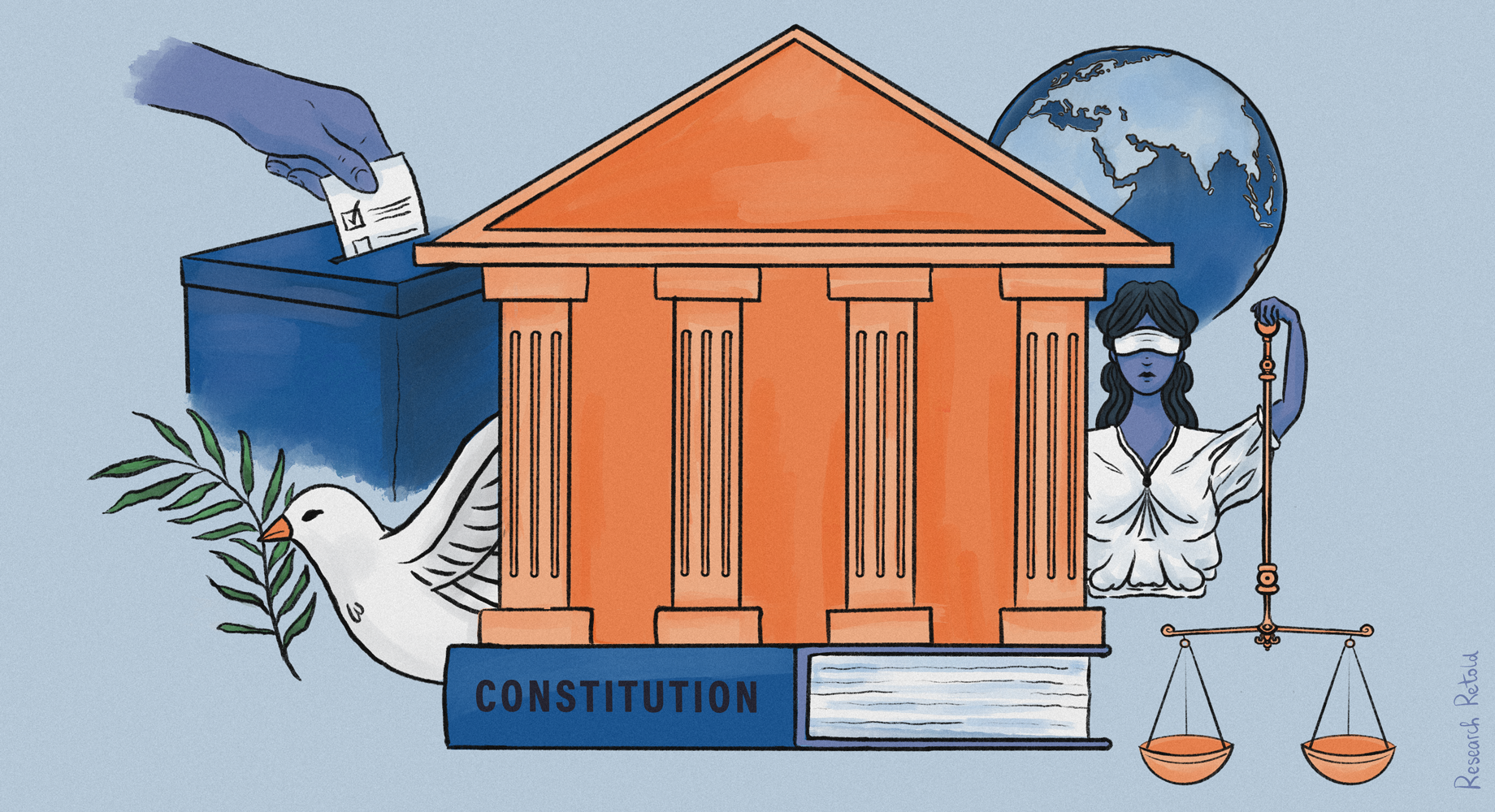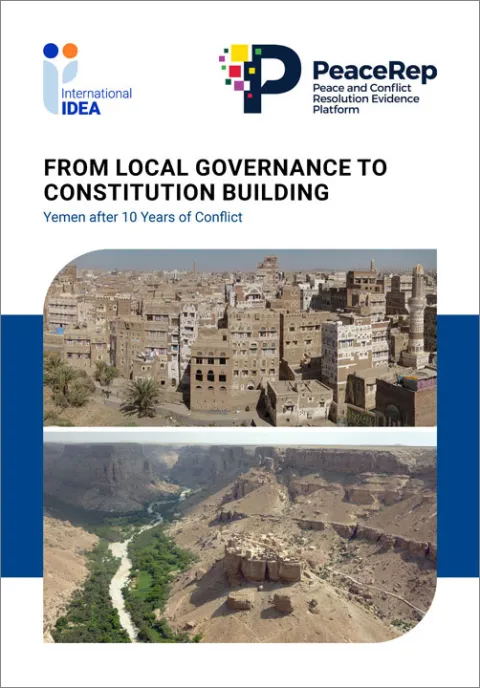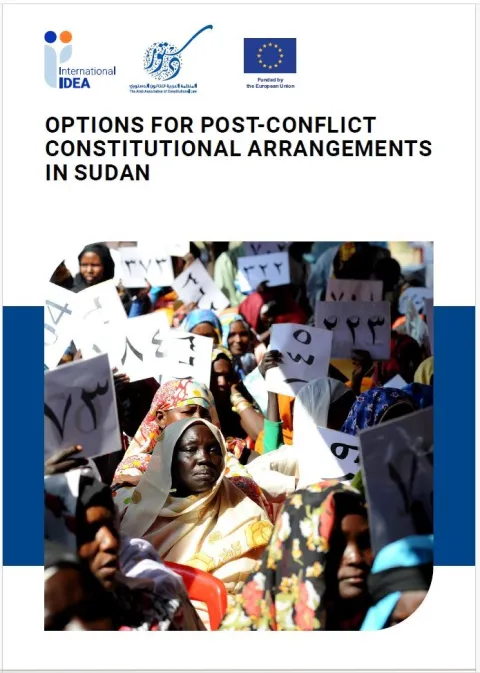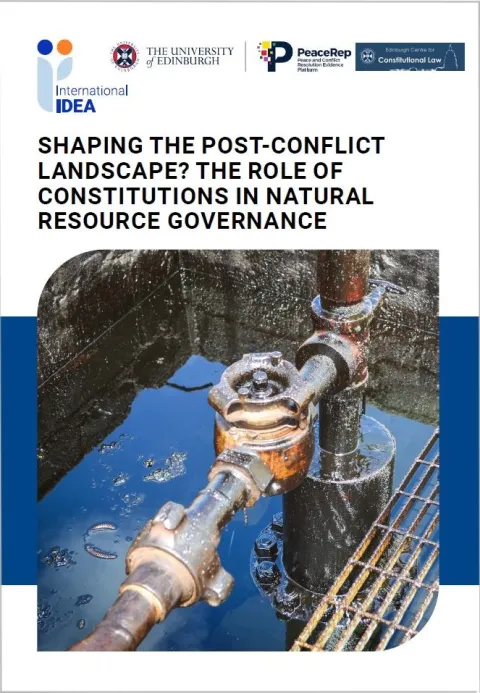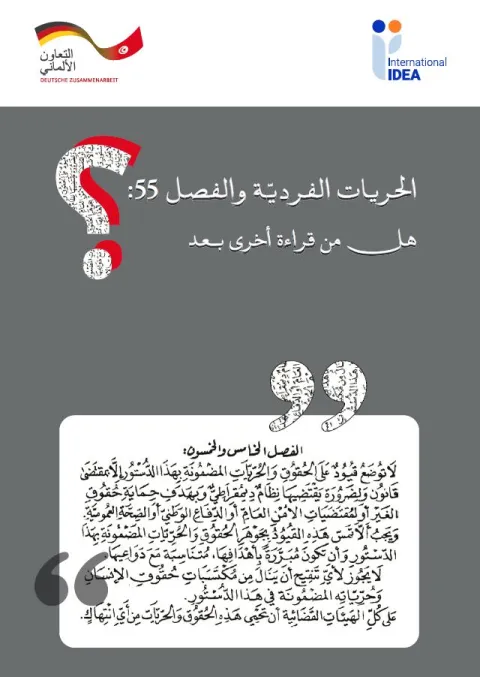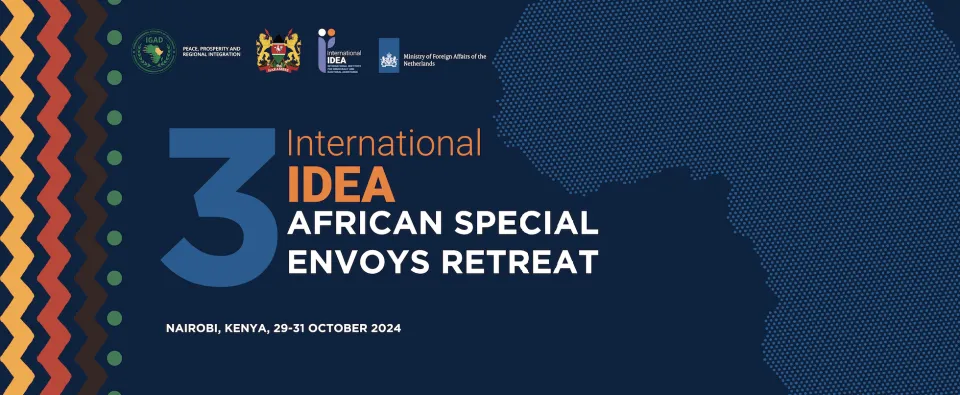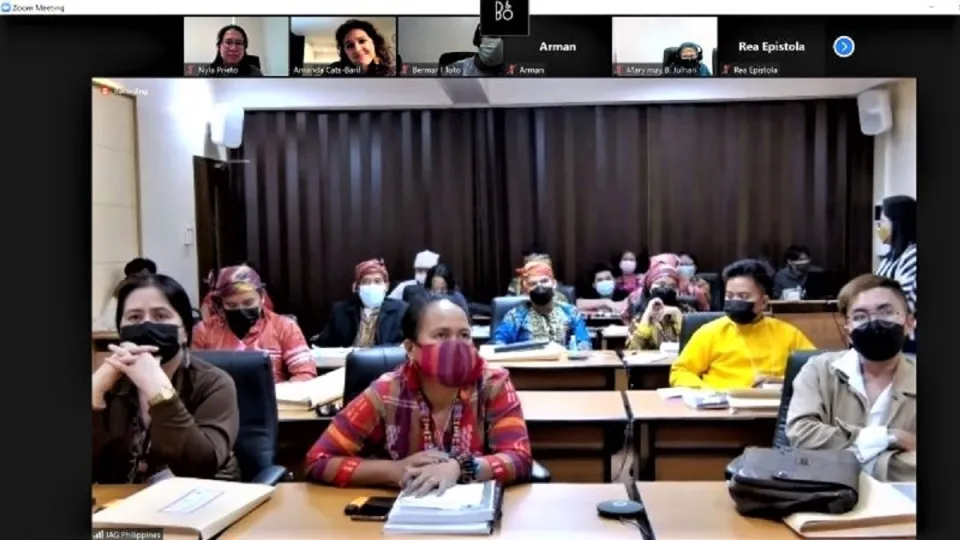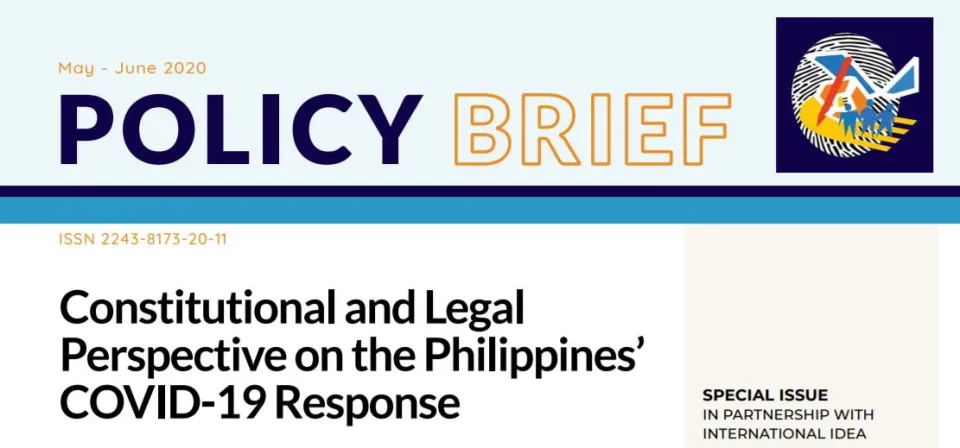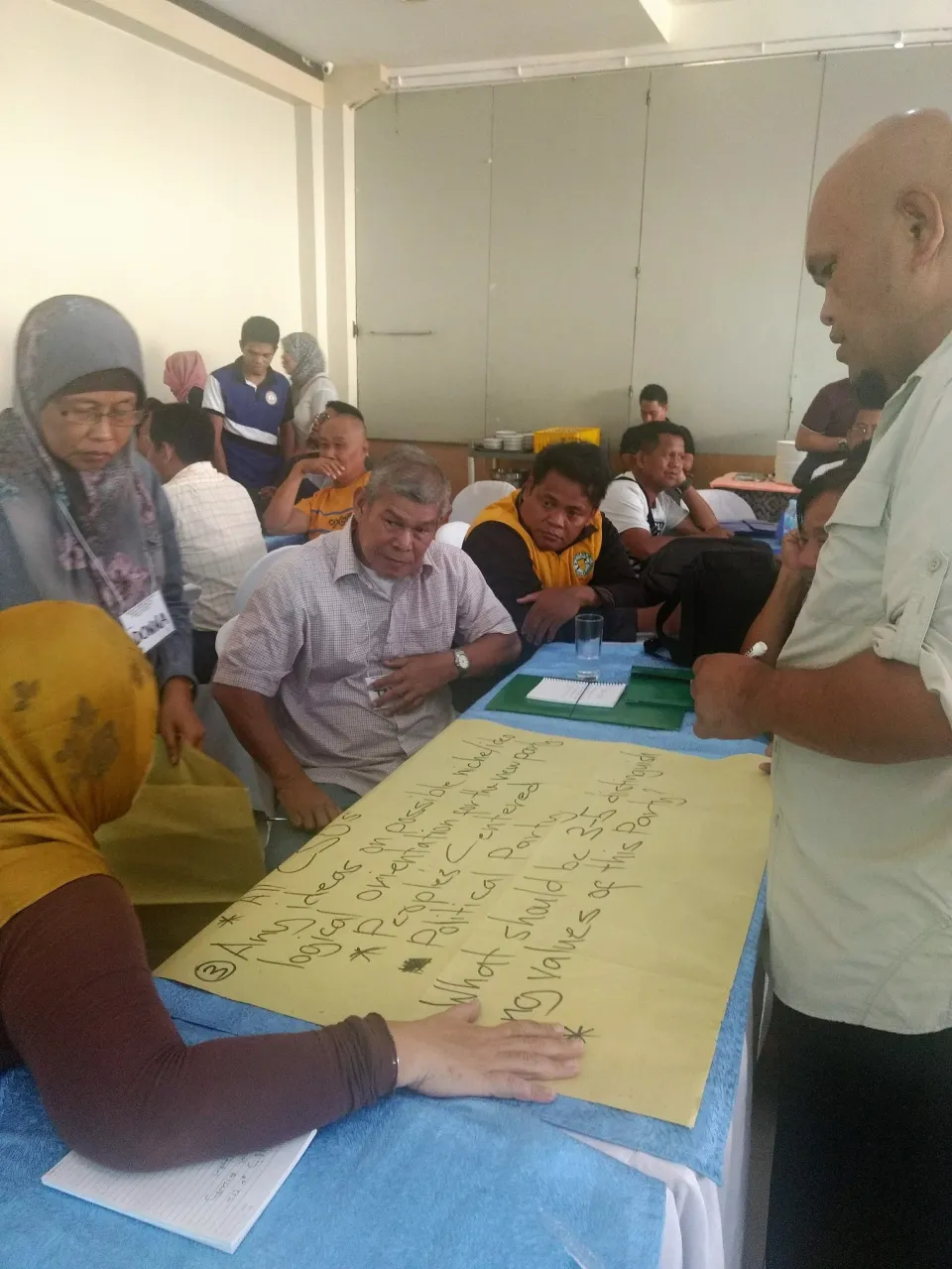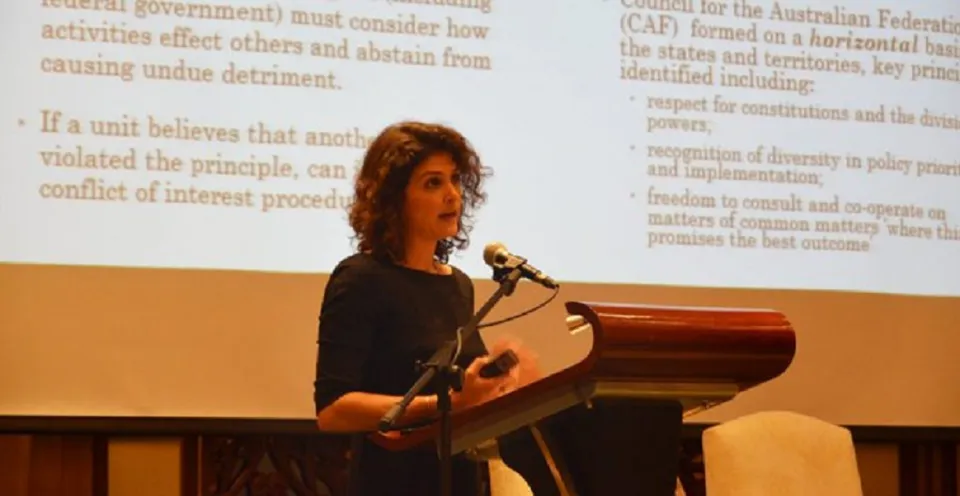How Constitution-making Fails and What We Can Learn from It
Constitution-making is often integral to achieving a new political settlement after conflict and in fragile settings. However, the process fails with relative frequency, in that actors cannot agree on a new text or the finalized text is not approved or ratified. While failure may be temporary—the process may resume after a period of time—it can also be costly. Key reforms may depend on the adoption of a new or revised constitution, and in its absence negotiations may stall and conflict recur.
This Paper starts a conversation about the potential grounds for, and strategies to prevent or build on, failure. It was developed following the Ninth Edinburgh Dialogue on Post-Conflict Constitution-Building held in September 2022.
Details
Staff author
Contents
Executive summary
1. How to think about failure
2. What are some of the factors that may lead to failure?
3. Building on failure and preparing for failure: Lessons learned
References
Give us feedback
Do you have a question or feedback about this publication? Leave us your feedback, and we’ll get back to you
Send feedbackHow Constitution-making Fails and What We Can Learn from It
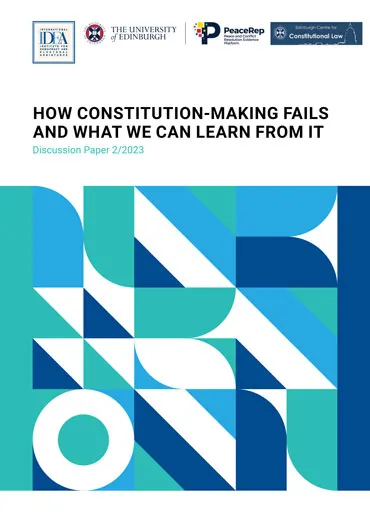
| Total views | 6103 |
|---|---|
| Downloads | 397 |
| Rating |
Staff author
Give us feedback
Do you have a question or feedback about this publication? Leave us your feedback, and we’ll get back to you
Send feedback